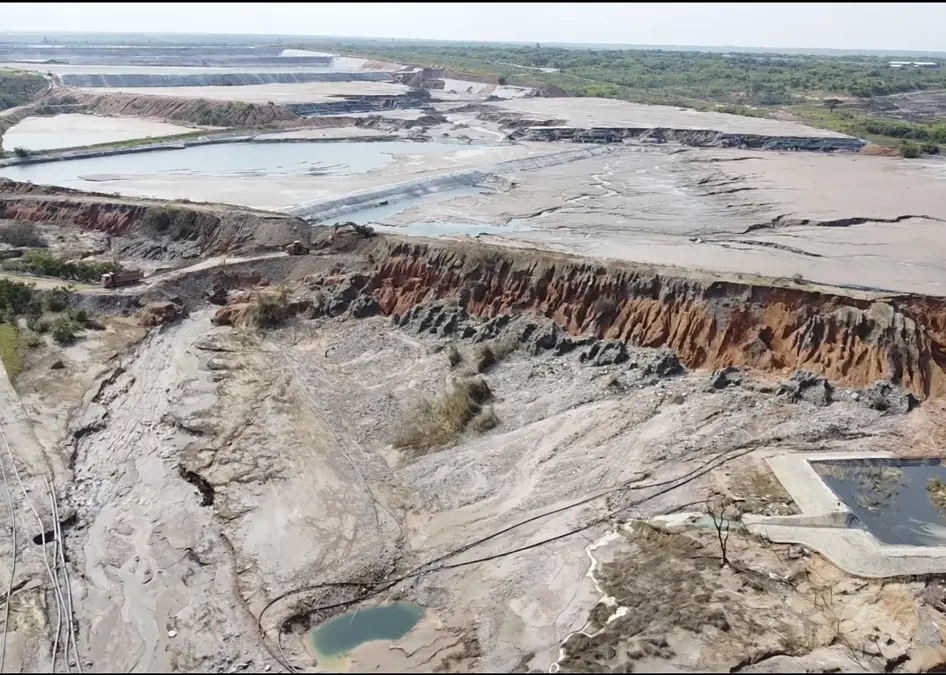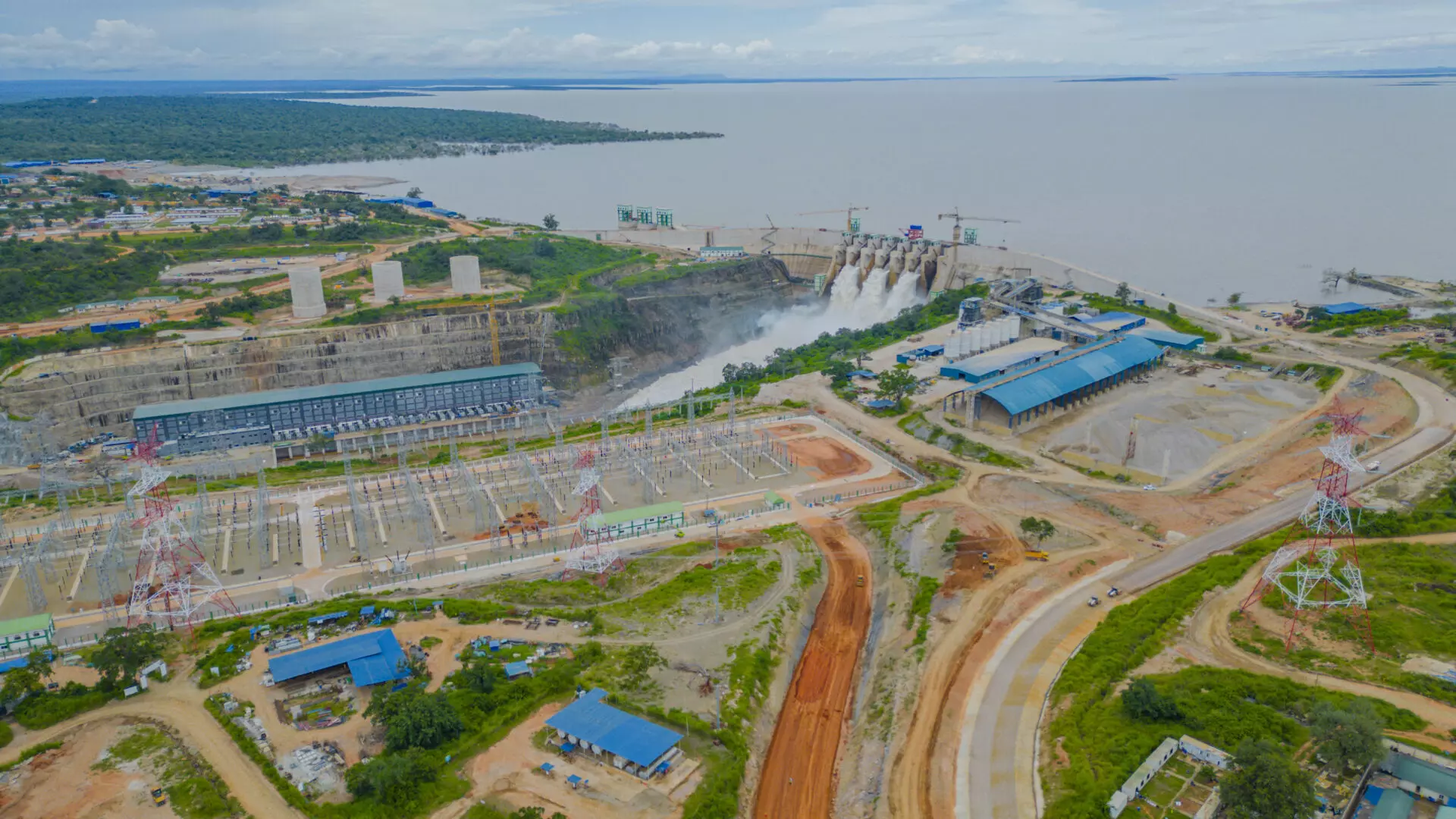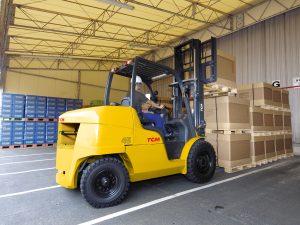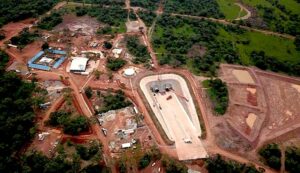Uganda: Artisanal Gold Miners Defy Govt On Mercury Use
By Ernest Jjingo
In October, President Museveni signed into the law the Mining and Minerals Act 2022. One of the key provisions in the law is the banning of mercury use in mining activities.
Artisanal and small scale gold miners in Uganda use mercury to separate gold from the ores, a method they say is cost effective, fast and easy to use. During this process, mercury is mixed with gold containing materials to form a mercury gold amalgam which is then heated to obtain the gold from the sediments.
The miners do the processing without wearing any personal protective gear. However, different Non- Government and Civil Society Organizations have over the years warned these miners against using mercury as it poses serious health threats to human life and dangerous to the environment.
But even with the government banning the use of mercury and several warning about the dangers it imposes, gold miners are not yet ready to stop using the substance especially since the government is not providing any viable alternative method they can use.
In Tiira mining site, Tiira town council, Busia district, gold miners expressed their concerns on this ban. Stephen Engidhoh, the Eastern Uganda chairman of Uganda Association of Artisanal and Small Scale Mining (UGAASM) said that mining has created jobs for over 30,000 people in Busia alone and with the government ban on use of mercury, many of them are likely to remain jobless.
He noted that in every sub county in Busia district, there are people during the exploration of minerals but the large gold discoveries here should not be an excuse to eliminate the small-scale miners from the mining sector because these minerals belong to all of them and it where they make a living from.
He added that if government wants this directive to be implemented, it should enforce it gradually and after finding an alternative method the miners can use.
“Government should first sensitize the miners about the dangers of using mercury before eliminating it. By government coming to abruptly ban the use of mercury, it is already creating indirect employment for smugglers to smuggle it into the country than they think they are eliminating,” Engidoh said.
Paul Angesu, the chairman on Tiira Landlords and Artisanal Miners Association said that even though they have been told that mercury is dangerous, for all the years they have used, they have never seen anyone experiencing the danger they say it causes.
“The government still needs to carry out thorough investigations on the possible dangers of using mercury so that it presents to the local miners with practical evidence that indeed mercury is dangerous and this will make us to easily stop using it,” Angesu said.
He added that sometime back, the Uganda National Association of Community and Occupational Health (UNACOH) came and took samples of mercury from the miners but they were not able to submit in the feedback for them to know if indeed they are indeed being affected by mercury.
An alternative gold extraction method which has been suggested to the artisanal gold miners is the use of borax method’ a technique of artisanal gold mining which use borax (a chemical compound) as a flux to purify gold. However, the miners say the government has not taken the initiative of introducing this method to them and training them on how to use it.
“They want us to use borax as an alternative to mercury but most of us don’t even know how borax looks like or even how it works. How do they expect us to start using something they have never taken the initiative to introduce to us?” Angesu asked.
Ramadhan Birenge, a gold miner in Namayingo district has tried using borax before after an NGO brought a sample of it to them. He however said that there is no any another way a miner can use to get gold clearly and quickly other than using mercury.
“The borax they are telling us to use is very expensive and not easily accessible to us, we don’t even know where it is sold and to get gold through using borax is a very long process yet mercury is a very easy, shorter process and relatively cheap.”
John Bosco Bukya, the chairman of Uganda Artisanal Miners Association told The Observer that they are law abiding citizens and since they have tested the consequences of operating in irregularities, they have no big problem with banning of mercury use in mining areas.
But however, before government bans it, it should provide the miners with an alternative processing reagent. He noted that government may not succeed with the ban and not because the miners don’t want to stop using mercury, but because the available alternatives must be effective, efficient and affordable.
“We don’t know anything about the borax method which they say can be an alternative. We don’t know where it is manufactured from, neither its cost or effectiveness. Government should first train the miners of an alternative method, test its effectiveness and efficiency before banning the method currently being used. If it is more efficient, definitely miners will stop using mercury,” Bukya said.
He also advised government to first sensitize these miners about the dangers of mercury before enforcing it and then phase it out gradually and not immediately because it is going to affect the livelihoods of Ugandans who are in this sector and yet it is the responsibility of government to make sure that all Ugandans thrive in their businesses.
Mercury is smuggled into Uganda through the porous borders with Kenya by cartels which makes its trade illegal. It is then discreetly sold to artisanal miners in Busia with a Kg costing between Shs 600,000 to Shs 1 million.
According to the World Health Organization (WHO), exposure to mercury, even small amounts may have toxic effects on the nervous, digestive and immune systems and on lungs, kidneys, skin and eyes as well as pose a threat to the development of the child in the womb for pregnant women.
Most of these ailments manifest over time. People who burn the gold usually take in large doses of mercury because they directly inhale the metals but those who may get it after eating food or drinking water that is contaminated with mercury take it in slowly and it accumulates over time.
Mercury also contaminates the soil making it infertile and unable to support agriculture, water and air. Mercury emitted to the air can also circulate around and contaminate water, fish and wildlife far from the mine from which it was released which affects the biodiversity.
Share this content:














